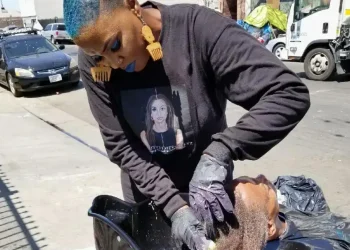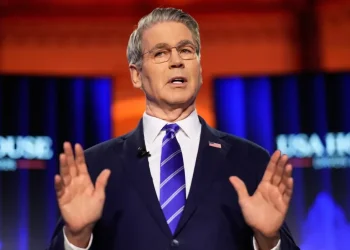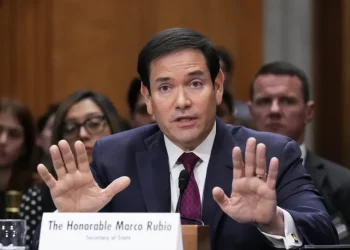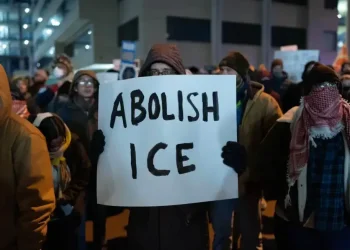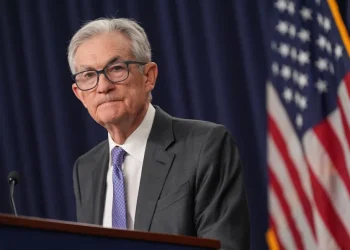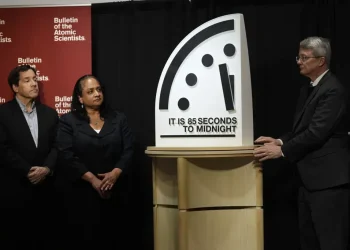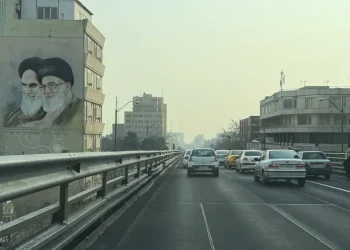How Nigeria’s Biggest City Became the World’s Hottest Winter Party Destination
Lagos, Nigeria’s largest city, is known for its vibrant energy and non-stop celebrations, but it becomes especially electrifying during the “Detty December” season. This period, spanning from December to early January, transforms West Africa, and particularly Lagos, into a global party hotspot in the heart of winter. The city becomes a haven for those seeking sunshine, music, delicious food, and an unrelenting festive atmosphere.
What is Detty December?
Detty December is a unique cultural phenomenon where both locals and the Nigerian diaspora converge to experience an unforgettable celebration. The term “detty” is a playful twist on the word “dirty,” reflecting the carefree and chaotic nature of the season. This time is marked by a whirlwind of beach parties, music festivals, stunning performances, and an all-consuming sense of joy.
While the Nigerian diaspora returns in droves, joining local festivities, tourists also flock to the country for a taste of the lively culture. Lagos, as the epicenter, becomes a bustling haven, hosting unforgettable events and performances that span across genres, showcasing the best of Afrobeats and African culture.
A Younger, Vibrant Nation
With nearly two-thirds of Nigeria’s population under the age of 25, according to the United Nations Population Fund, Lagos is the heartbeat of a youthful and dynamic nation. This youthful energy fuels the Detty December experience, as international stars and local performers alike light up the city with performances.
Internationally acclaimed Afrobeats artists like Burna Boy, Wizkid, Tems, and Ayra Starr take center stage, while surprise guest appearances by foreign musicians keep the crowd buzzing. DJs spin powerful beats on street corners, and vibrant fashion fills every corner of the city, making Detty December a visual spectacle as much as an auditory one.
The Homecoming Tradition
For many members of the Nigerian diaspora, Detty December is more than a holiday—it’s a homecoming. Cynthia Eniola Oyeneyin, who moved from Nigeria to the UK at the age of nine, describes her annual return as a vital reconnection with her roots. “Nigeria, for me, will always be home,” she shares. “When I go back, I’m happiest, and especially in December, everyone is on a vibe of happiness.”
This sentiment is shared by locals as well. “I look forward to attending Christmas parties and family gatherings,” says Ademidun Akindele, a Lagos native. “It’s always a good time, and despite the crowds, it’s great for the economy.”
Why Is Nigeria’s Detty December Unique?
Detty December stands out for its fusion of culture, music, and community. Major events like the Calabar Carnival and the Flytime Fest in Lagos draw thousands of festival-goers, all eager to be immersed in the unique African rhythms and traditions.
Cultur FM, an influential platform celebrating African music and culture, plays a central role in this transformation. Known for hosting vibrant parties and events, Cultur FM partners with brands like Air Peace, Pepsi, and Hennessy Nigeria to create unforgettable experiences in Lagos. Their standout event in 2024 was a block party in Surulere, Lagos, where music legends like Oxlade performed, and community members came together for a celebration that honored Nigeria’s rich cultural roots.
“We wanted to go back to where it all started,” explained a Cultur FM founder. “It was essential to involve local people and celebrate the vibrant creativity of these streets.”
The FOMO Factor
Even if you’re not in Lagos during Detty December, you’ll feel the energy through social media. Instagram and TikTok feeds are flooded with highlights from weddings, family reunions, beach parties, and rooftop gatherings. The fear of missing out (FOMO) is real, as everyone shares their Detty December adventures with the world.
For many tourists, the experience feels well worth the cost. The favorable exchange rate makes luxury experiences more affordable, attracting travelers from the UK, US, and Canada. Local businesses, from vendors to hotels, thrive during this period, contributing significantly to the Nigerian economy.
The Economic Impact
“The positive economic impact of Detty December is something I’ve observed,” says Cynthia. “People are coming to Nigeria to have fun, and they’re spending money, which creates jobs and helps local businesses.”
However, while the influx of visitors is beneficial for the economy, it also presents challenges. Flights to Lagos become expensive, especially during peak season, leading frequent visitors to book early in the year. Moreover, Nigeria’s infrastructure sometimes struggles to keep up with the demand, resulting in severe traffic congestion that makes navigating the city a challenge.
The Costs of Celebration
The rapid rise of Detty December as a global event has led to rising costs, particularly in Lagos. The surge in demand during this time increases prices for everything from transportation to dining, often pricing out locals who can’t afford the inflated rates. “Getting a nail or hair appointment was tricky,” Ademidun notes, “and the traffic made it harder to enjoy the festivities.”
Despite these challenges, Detty December’s growing popularity has cemented Nigeria’s position as a major global destination for culture, music, and entertainment. It is not only a homecoming for the diaspora but also a celebration of Nigeria’s global influence.
More Than Just a Party
Detty December is not just about parties—it’s a celebration of Nigerian culture in all its forms. From traditional foods to Afrobeats, from Nollywood-inspired fashion to the infectious energy of the city, every moment is an ode to Nigeria’s cultural richness.
As Lagos becomes the ultimate winter party destination, the global spotlight on Nigeria continues to grow. This festival, which began as a cultural celebration for the diaspora, has evolved into a global phenomenon, drawing people from all walks of life to partake in the celebration of African excellence.
In the process, Detty December has transformed into something far greater than just a seasonal event—it’s a powerful reminder of Nigeria’s cultural significance and its vibrant role on the world stage.
This article was rewritten by JournosNews.com based on verified reporting from trusted sources. The content has been independently reviewed, fact-checked, and edited for accuracy, neutrality, tone, and global readability in accordance with Google News and AdSense standards.
All opinions, quotes, or statements from contributors, experts, or sourced organizations do not necessarily reflect the views of JournosNews.com. JournosNews.com maintains full editorial independence from any external funders, sponsors, or organizations.
Stay informed with JournosNews.com — your trusted source for verified global reporting and in-depth analysis. Follow us on Google News, BlueSky, and X for real-time updates.

